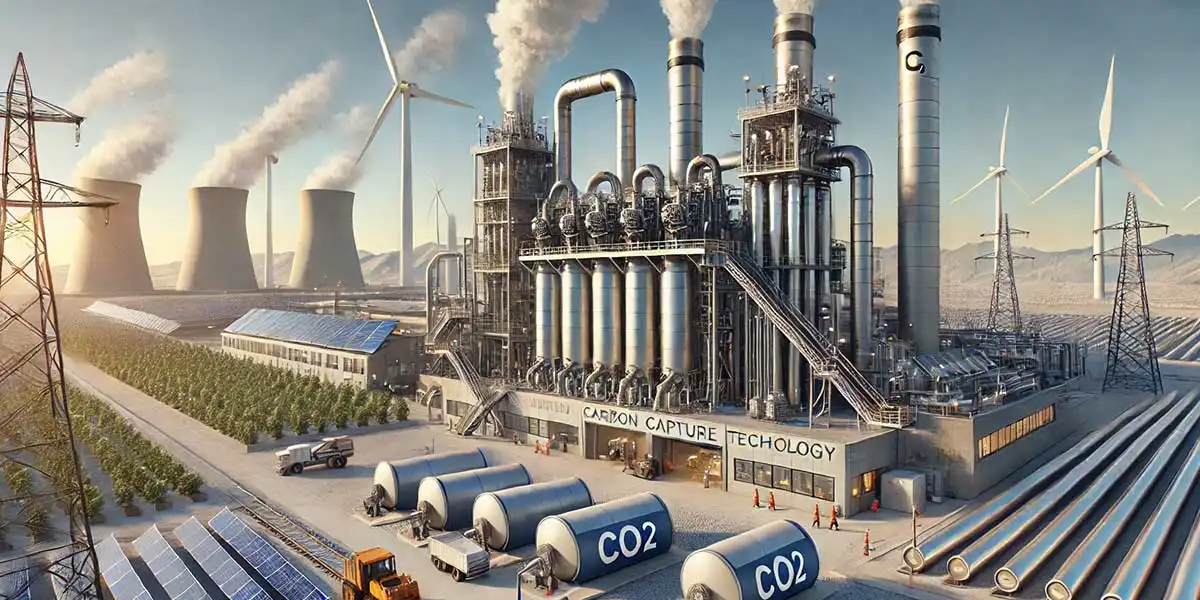
Aug 15, 2025
Blog manufacturing Inside Industry 4.0: How Smart Tech is Driving a $1.6 Trillion Revolution
The industrial world is no longer just automated; it’s becoming intelligent. Picture factories that think, machines that predict breakdowns before they happen, and supply chains that respond in real time. This is Industry 4.0, the $1.6 trillion revolution reshaping the future of manufacturing, logistics, healthcare, and beyond.
Often referred to as the Fourth Industrial Revolution, Industry 4.0 is the fusion of advanced digital technologies with physical industrial operations. It combines artificial intelligence (AI), machine learning, the Industrial Internet of Things (IIoT), robotics, cloud computing, and big data analytics to create intelligent, autonomous, interconnected systems.
These technologies transform traditional factories into innovative environments capable of real-time data exchange, predictive maintenance, and autonomous decision-making, making operations faster, more flexible, and more efficient.
According to BCC Research, the global market for Industry 4.0 technologies was valued at $551.7 billion in 2024 and is projected to grow from $655.2 billion in 2025 to a staggering $1.6 trillion by 2030. This impressive trajectory reflects a compound annual growth rate (CAGR) of 19.4% from 2025 through 2030. But what’s driving this explosive growth, and why does it matter now more than ever?
Factories are adopting intelligent systems from predictive maintenance to digital twins to boost efficiency, reduce waste, and enhance product quality.
Connected sensors in machines collect and transmit real-time data, enabling quicker decisions and more responsive operations.
AI is optimizing everything from supply chain logistics to demand forecasting, enabling personalized manufacturing at scale.
National programs like Germany’s "Industrie 4.0", China’s "Made in China 2025", and India’s "Digital India" are providing the policy push, financial support, and digital infrastructure needed for wide-scale adoption.
COVID-19 exposed critical vulnerabilities in global supply chains. Industry 4.0 technologies are helping businesses pivot to more resilient, remote-ready, and data-driven operations.
Consumers increasingly want personalized products. Technologies like robotics, 3D printing, and flexible automation make customization affordable and scalable.
The global market for Industry 4.0 technologies was valued at $551.7 billion in 2024 and is estimated to increase from $655.2 billion in 2025 to reach $1.6 trillion by 2030, at a compound annual growth rate (CAGR) of 19.4% from 2025 through 2030.
Industry 4.0 is not confined to a single sector. Its transformative potential spans multiple verticals:
Despite the massive potential, several barriers could impact growth:
North America and Europe have led to Industry 4.0 adoption due to strong industrial ecosystems and R&D investments. However, the Asia-Pacific region, especially China, Japan, and South Korea, is rapidly gaining ground, driven by large-scale digitalization, innovation hubs, and government support.
The path to 2030 is lined with innovation, collaboration, and disruption opportunities. As businesses and governments double down on digital transformation, Industry 4.0 technologies are set to reshape global industries, drive economic growth, and define the next era of human productivity.
With a projected market size of $1.6 trillion by 2030, Industry 4.0 is not just the future; it’s the present in motion. The companies that act now, invest in innovation, and prioritize agility will lead the charge into this new industrial age.
Industry 4.0 is more than a technological shift—it’s a global industrial revolution redefining how businesses operate, compete, and deliver value. Its momentum is undeniable, with a projected market size of $1.6 trillion by 2030. As AI, IoT, robotics, and advanced analytics converge, industries across the board are becoming smarter, faster, and more resilient. However, businesses must overcome integration, cost, and workforce challenges to harness their potential. The future belongs to those who embrace innovation today, because Industry 4.0 is no longer a vision of tomorrow; it’s the reality of now.

Amrita Kumari is a Senior Executive Email Marketer at BCC Research, with a bachelor’s degree in computer applications. She specializes in content creation and email marketing.

In a world increasingly dependent on uninterrupted electricity, diesel generator...

In a world where efficiency, speed, and specialization dictate success, companie...

We are your trusted research partner, providing actionable insights and custom consulting across life sciences, advanced materials, and technology. Allow BCC Research to nurture your smartest business decisions today, tomorrow, and beyond.
Contact UsBCC Research provides objective, unbiased measurement and assessment of market opportunities with detailed market research reports. Our experienced industry analysts assess growth opportunities, market sizing, technologies, applications, supply chains and companies with the singular goal of helping you make informed business decisions, free of noise and hype.